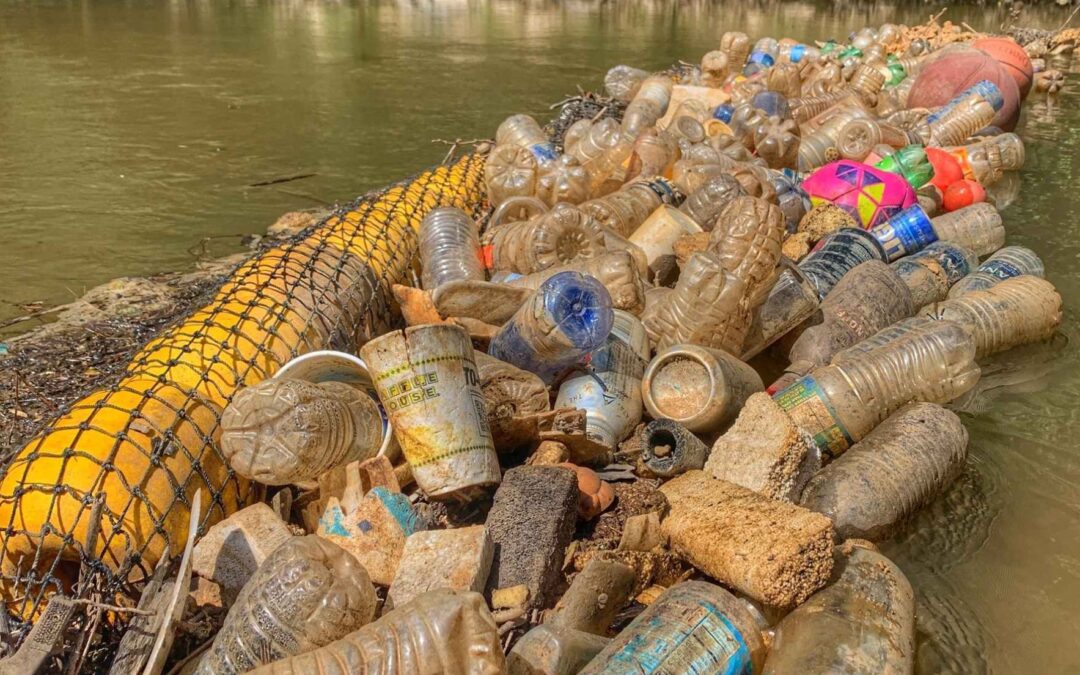At first glance, the Chattahoochee River is the apex for leisurely activities. A drive down Azalea Dr. encompasses parking lots packed to the brim with families canoeing, river tubing, paddleboarding, etc. In addition, there are countless rowing organizations that hold their practices at the river. As many of these other individuals, I have indulged in my fair share of Chattahoochee activities. I remember one specific time, I was river tubing for the 4th of July with a friend and her family. I thought it was odd that her mother reiterated that we shower well after our little excursion, and I assumed it was because it was a river, and that is what you always do. Well, let’s just say that in recent years I have holistically discovered why she was so persistent in making sure we were clean.
The Chattahoochee River is the main water supply for Roswell and other surrounding counties. With this in mind, it is vital to recognize that the water that most of the households and businesses also flows back into the Chattahoochee creating an infinite loop of consumption and supply. For every toilet flushed, load of laundry washed, or garbage disposal ignited, all of this waste ends up back into the water supply, and though we are privileged enough to have water treatment plants, there is always excess that is not able to be removed. When there are flooding and storms, these drainage systems are not able to take in all of the water to these treatment plants, and the rest is just dumped back into the Chattahoochee. High levels of harmful and contaminating bacteria invade the waters, and this places strains on the recreational use of the river. The cyclic nature of water pollution will never be mended unless there is individual intervention to alleviate some of these struggles and strains on our water supply.
Though there is not much that we can do about the flooding and storms, there are ways that each individual can decrease the amount of waste that ends up in the water. For starters, flushing only toilet paper and human excretion is vital in the process of human wastewater treatment. Any other materials such as feminine products, toys, fabric, etc. will only be harmful in the process of removing solids in the primary stage of water treatment. Additionally, the use of safe laundry detergents, dish soaps, shampoos, etc. will decrease the risk for chemicals that are not filtered out completely in the water supply. Many people do not know that the components of their soaps cannot always be chemically or bacterially removed during treatment. Finally (and perhaps the most obvious), the dumping of solid waste such as plastic bottles, food containers, and garbage is going to be damaging to not only the water itself, but to aquatic life, some of which we rely on for consumption.
It is with great importance that every single person does their share in making sure that the right methods are integrated into everyday waste disposal to ensure the decrease in water pollution and to allow us to continue the activities we all cherish on a hot summer afternoon!
Picture from Chattahoochee River Conservancy

